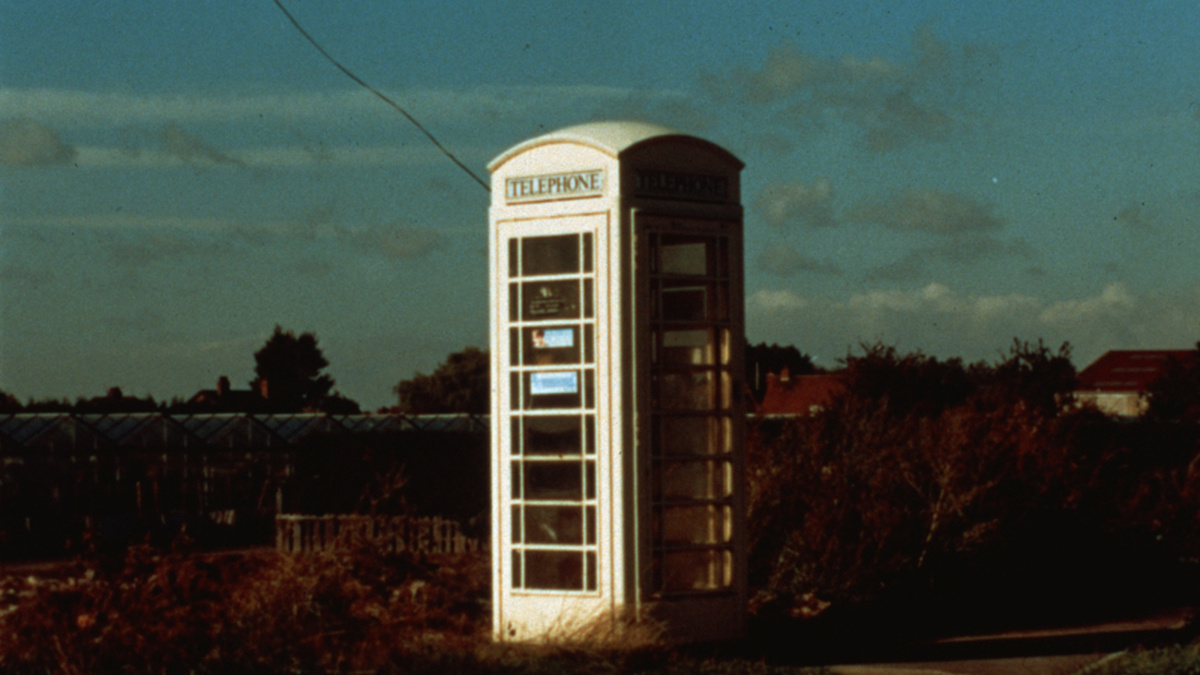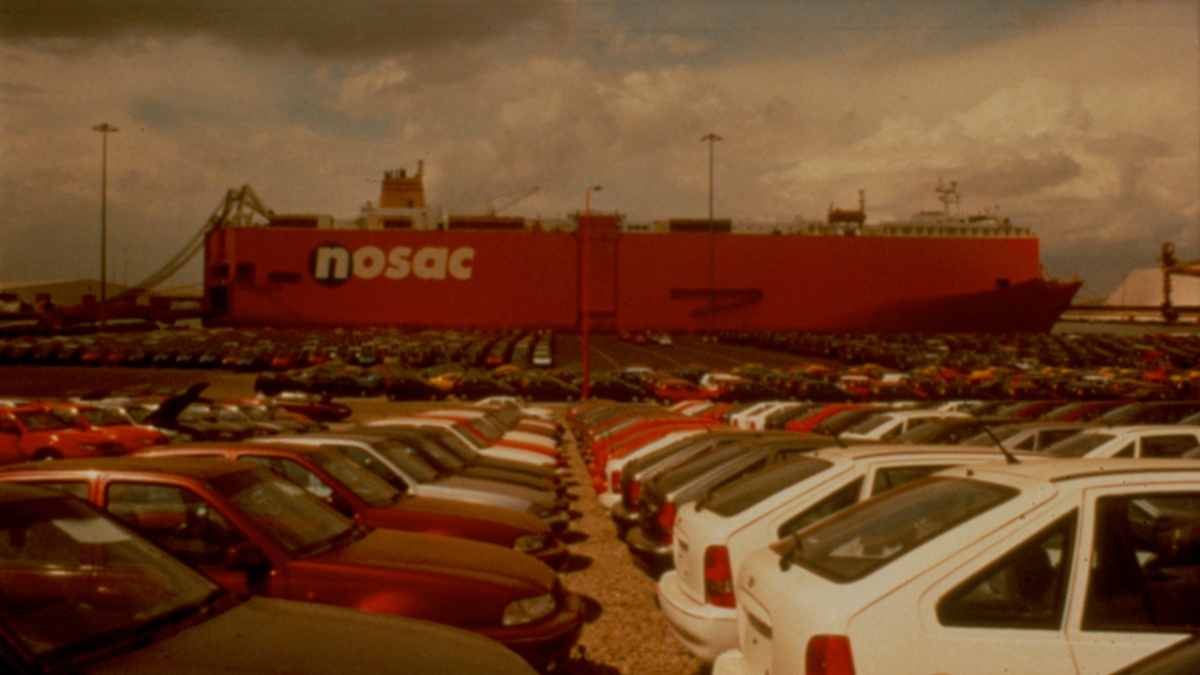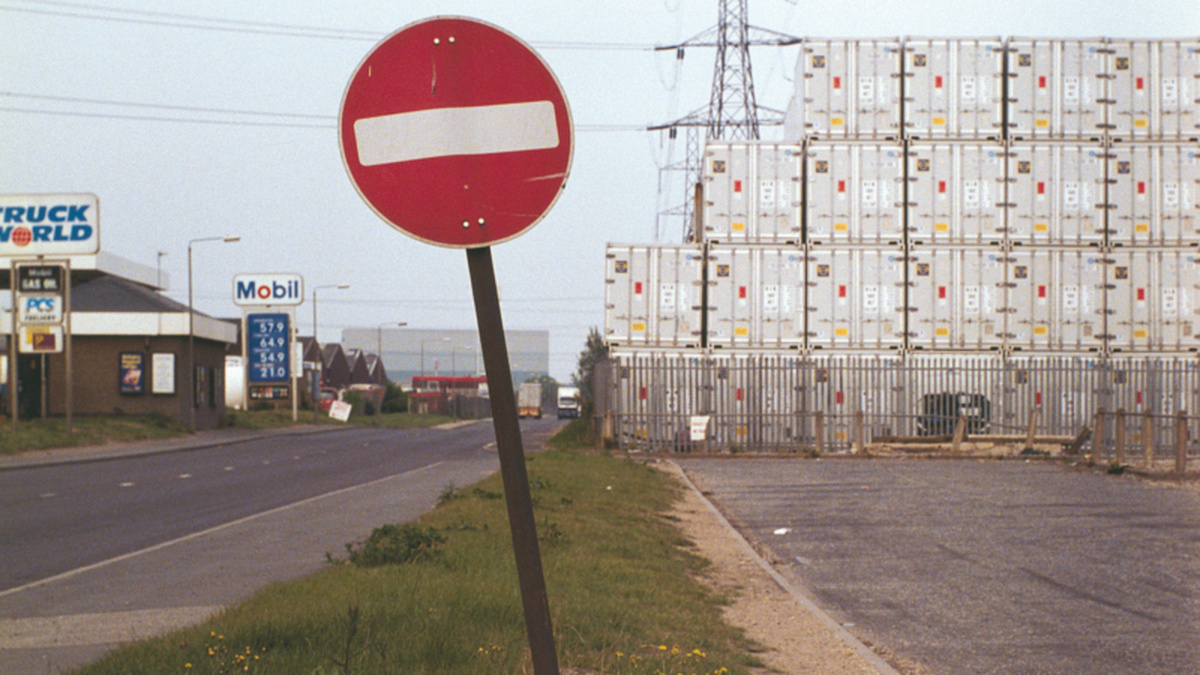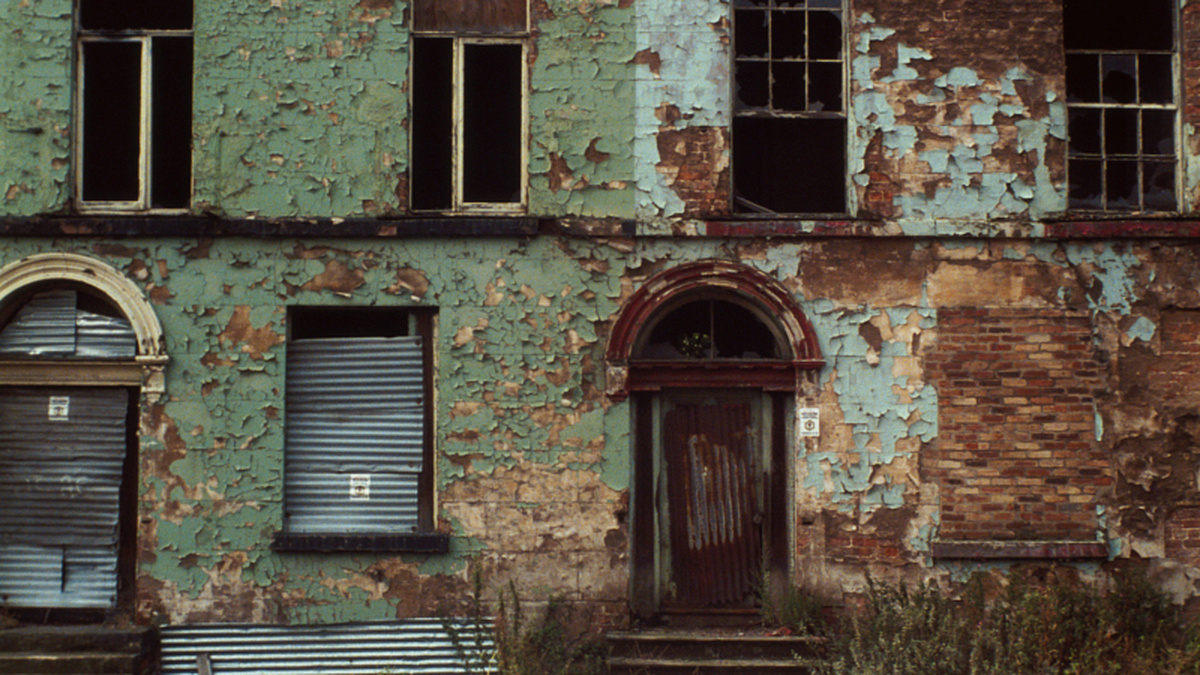Cities | Patrick Keiller - Robinson in Space (35mm print)
Mon 1 August 2016




1897f154 202b 4f22 9a8b cad5681cb0fb0n hmz
Robinson In Space - 35mm print
Dir. Patrick Keiller, 1997 - introduced by Ainslie Roddick
Screened in the CCA cinema via 35mm print, Robinson in Space begins with Robinson's unseen narrator quoting the 1960s French radical Situationist Raoul Vaneigem demanding that "a bridge between imagination and reality must be built." It ends with Robinson's disappearance and the narrator declaring that "I cannot tell you where Robinson finally found his Utopia." In between is the search for that Utopia in the industrial landscape of England, and an attempt to bridge the gap between two worlds.
Robinson quotes Oscar Wilde: 'It is only shallow people who do not judge by appearances. The true mystery of the world is the visible, not the invisible....' Accompanied (as in the earlier London) by the film's similarly unseen narrator (the voice of Paul Scofield), he embarks on a series of journeys. They look at anachronism, at culture and its absences, at dilapidation, and at the industrial economy. Robinson sets out with assumptions about economic failure, especially in manufacturing industry, which are gradually challenged by the discovery of an industrial economy that employs few people but still generates most of the wealth of the fifth largest economy in the world. The UK's impoverished, dilapidated appearance is not the result of economic decline, but of the exercise of political power; the 'provincial' feel of England belies the UK's status as one of the most internationalised and deregulated economies in the developed world.
Along the way, the film presents us with an initially bewildering flurry of industrial and economic statistics: the productivity of the United Kingdom's manufacturing and aerospace industries; the ownership and throughput of coastal ports. In the process we discover a place in which, contrary to popular wisdom, manufacturing and trade are not in decline but healthy: the apparent poverty and desolation is the result of power. Here are two worlds: the unseen world of prosperity, and the visible world of urban decline. Prosperity, however, also relies on the unsavoury exercise of power, as Robinson finds privatised prisons and the manufacturers of handcuffs and leg-irons for export.
Supported by Film Hub Scotland, part of the BFI’s Film Audience Network